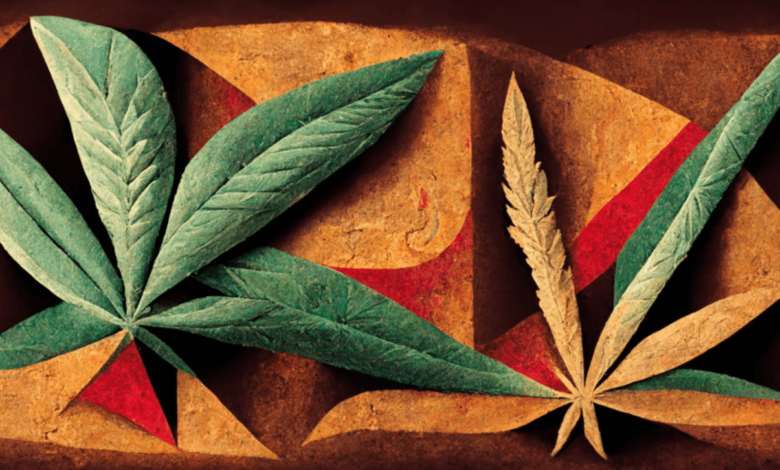Exploring the World of Delta 10 Near Me

In today’s fast-paced world, staying updated with the latest trends is essential, especially when it comes to alternative wellness products. One such product that has been gaining popularity is Delta 10 THC. You’re in the right place if you’re wondering what Delta 10 near me is and where to find it. In this article, we will delve into the world of Delta 10, its benefits, legality, and how to find it in your vicinity.
Understanding Delta 10 THC
What Is Delta 10 THC?
Delta 10 THC is a lesser-known cannabinoid that has gained traction in recent years. It’s a psychoactive compound found in cannabis plants, albeit in smaller quantities compared to Delta 9 THC, which is more well-known. Delta is often described as providing a smoother, more clear-headed high, making it a fascinating option for those exploring alternatives to traditional Delta 9 THC.
The Legal Status of Delta 10 THC
Before we dive into where to find Delta near you, it’s crucial to understand its legal status. The legality of Delta THC varies from state to state, as well as at the federal level. Some states have explicitly banned it, while others have embraced it with regulations. It’s essential to check your local laws before seeking out Delta products.
The Benefits of Delta THC
Easing Anxiety and Stress
One of the primary reasons people turn to Delta is its potential to alleviate anxiety and stress. Many users report a calming effect without the paranoia often associated with Delta 9 THC.
Pain Management
Delta THC also shows promise in pain management. It may help reduce pain and inflammation, making it a potential option for those dealing with chronic pain conditions.
Finding Delta 10 Near Me
Local Dispensaries
The most common way to find Delta products near you is by visiting local dispensaries. These establishments often carry a variety of Delta items, such as edibles, tinctures, and vape cartridges.
Online Retailers
In the digital age, many online retailers offer Delta products that can be shipped directly to your doorstep. However, ensure that you’re purchasing from a reputable source to guarantee product quality and legality.
Seek Recommendations
Don’t hesitate to seek recommendations from friends or online communities. They may have valuable insights into where to find reliable Delta products in your area. Read more…
Conclusion
Delta THC is an intriguing compound with potential benefits for those seeking alternative wellness options. However, it’s crucial to be aware of the legal landscape in your region before exploring Delta products. Whether you prefer the convenience of online shopping or the personal touch of a local dispensary, there are various ways to find Delta 10 near Me.
FAQs
1. Is Delta THC legal everywhere?
The legality of Delta THC varies by location. It’s essential to check your local laws and regulations before purchasing or using Delta 10 products.
2. What are the potential side effects of Delta THC?
While Delta is generally considered milder than Delta 9 THC, it can still have side effects such as dry mouth, red eyes, and increased heart rate. Individual reactions may vary.
3. Can I drive after using Delta THC?
Just like with Delta 9 THC, operating a vehicle or heavy machinery under the influence of Delta THC is not advisable, as it can impair your motor skills and judgment.
4. Are there any age restrictions for purchasing Delta products?
Yes, age restrictions are typically in place for purchasing Deltaproducts, similar to those for alcohol and tobacco. Check your local laws for specifics.
5. How should I store Delta products?
Delta products should be stored in a cool, dark place away from direct sunlight and extreme temperatures to maintain their potency and quality over time.
